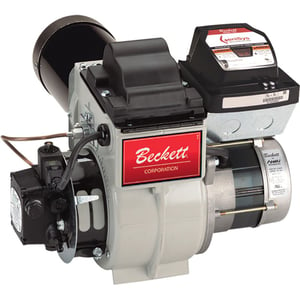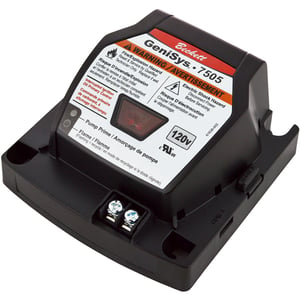While oil heat is one of the most common heating types in many parts of the country, many homeowners hold a few fundamental misunderstandings about this fuel. We believe that it's important to educate consumers about the true characteristics of oil heat, including how safe it is to use. The misconception has persisted for many years that oil is unsafe, but this couldn't be further from the truth. In fact, oil is one of the safest fuel types for several reasons. In this post, we'll discuss the common oil heat misconceptions related to safety and how regular service is key to safe oil system operation.
Oil Heat Safety Measures
To begin, one characteristic of oil that makes it much safer than many homeowners realize is its extremely high flammability point. In order to ignite, fuel oil must reach temperatures of 600 degrees Fahrenheit. With that kind of temperature thresh hold, it is essentially impossible for oil to ignite accidentally, even in the presence of a regular flame. In fact, the fuel oil would put out a match like water. Oil, therefore, can only be ignited by the oil burner in the heating system. Beyond that, fuel oil is not explosive, though many might assume that it is because of the possibility of explosions in gas heating systems.
Oil heat is also incredibly safe when it comes to the release of fumes during the heating process. For one thing, fuel oil fumes are not fatal if inhaled. However, most homeowners are more concerned about the potential of a carbon monoxide leak. Again, this misconception seems to stem from a confusion over hazards that are more associated with gas heating. In an oil system, the threat of a carbon monoxide leak is very low if the appliances have been installed and maintained properly by a well-trained fuel technician.
While placing CO detectors in the home in the very unlikely case of a CO leak is encouraged, it is also much easier to detect a leak in an oil system than a leak in a gas system. When an oil system is leaking CO, there are many warning signs homeowners will notice almost immediately and before CO reaches dangerous levels. These signs include smoke, soot, and odors coming from the heating system, which will alert homeowners to take safety precautions in these very rare cases.
Finally, advancements in oil heat technology have further increased the level of safety and peace of mind provided by oil heat in the past several years. In particular, developments in primary and limit controls which startup, run, and shut down the burner, have led to safer operating procedures in today's oil systems. By increasing the control's ability to react incredibly quickly to changes in temperature and failures in the oil system, appliance manufacturers have cut down significantly on any safety risks associated with oil heat.
Oil Service is the Key to Safety
By educating homeowners on the true safety benefits of oil heating, we can begin to dispel the misconceptions associated with the oil heat industry. However, while awareness and technological advancements have continued to increase the value of those safety benefits, there is another important piece of the heating puzzle to consider as well: proper installation and maintenance of the oil system. A well-maintained and regularly inspected oil system is even more likely to provide safe, reliable comfort to homes and facilities, and it's the joint responsibility of the consumer and the fuel technician to ensure each oil system gets the service it deserves.
To ensure that the oil system continues to operate safely year after year, it's important for consumers to schedule an annual inspection with a good technician from a reputable company who will perform the necessary maintenance that the system needs. When an oil system is properly installed and maintained in this manner, homeowners should be able to depend on their oil heating systems to run effectively and safely for many years to come.




